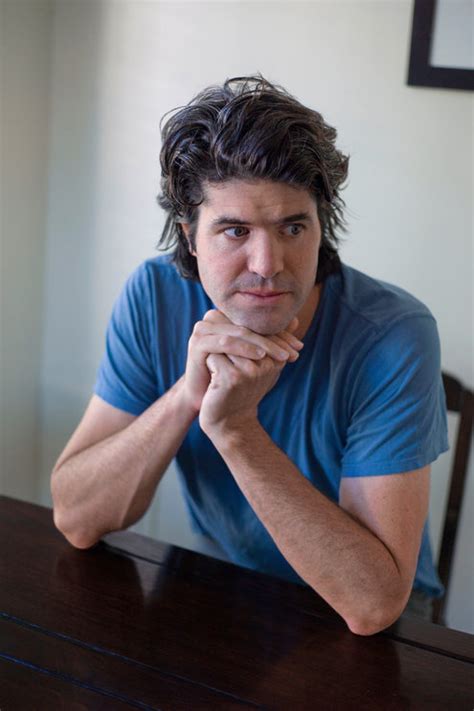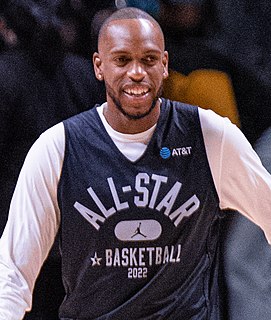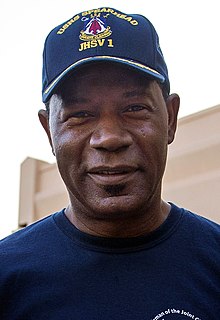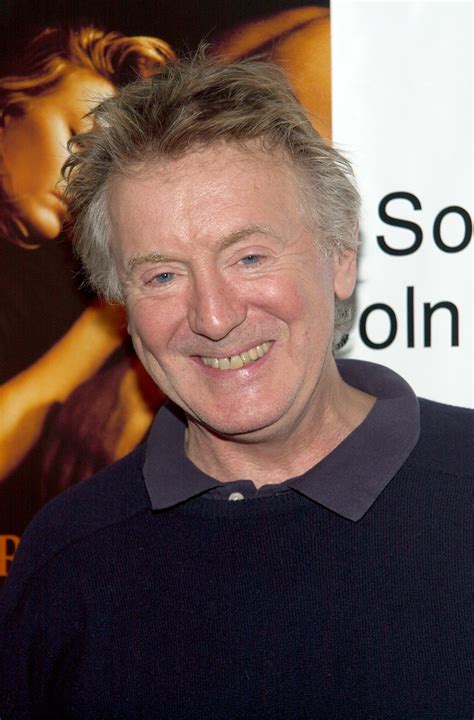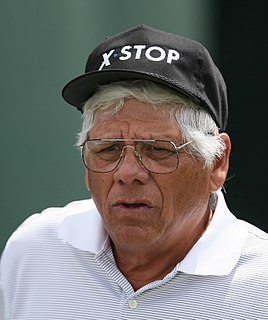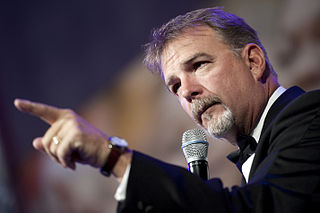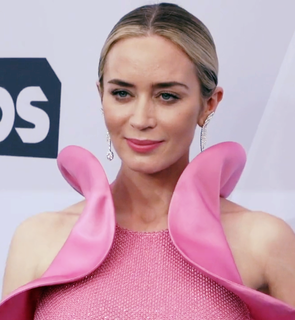A Quote by J. C. Chandor
To have a second movie that you're proud of and that actually turned out the way you wanted, shot by shot, I realize I'm probably going to be able to do this for a little while for my living.
Related Quotes
I got my shot at the movies. I love doing standup live. I didn't know what I wanted to do. I wanted to try movies, so I gave it a shot. I had two shots and I didn't really do it. That wasn't really happening for me. On the second movie I got to meet the girl that would be my wife. So I got to hang out with her and get engaged, and get the whole wedding thing. It was really great.
We rehearsed for a bit for an Indie film, which is kind of unusual, we had a week of rehearsals before we actually shot the films so we were able to really break down the script and kind of work through all of the improvisational things that he wanted to do, so he had a chance to really feel his way through before we actually shot it and I think that helped a lot.
I'd like [Santa Claus] to give Wes Anderson, the director, enough money in his next budget for an aerial shot - just a little copter shot. He really wanted this one helicopter shot, and Disney wouldn't give him the money. Just wouldn't give him the money. Every day, he was talking to the studio about this helicopter shot.
I knew that they were going to be reading actors for Manute, and I wanted to give it a shot. I wanted a shot to do it, and they embraced that and said, "All right, come on in. Let's see what you've got." So, I went in, and the rest is history. It felt good when I went into the office, and it just worked.
Every shot feels like the first shot of the day. If I'm on the range hitting shot after shot, I can hit them just as good as I did when I was 30. But out on the course, your body changes between shots. You get out of the cart, and you've got this 170-yard 5-iron over a bunker, and it goes about 138.
In my view there is a level of human knowledge that involves just getting it right aptly. This "animal" epistemic level is an inferior level in just the way of Diana's long shot in the dark while drunk. That shot is inferior in a certain respect if too poorly selected as a hunter's archery shot, even if not quite as poorly selected as would be a shot aimed at the moon. Even if Diana's too risky shot turns out to be apt by attaining success through sublime archery dexterity, it is still inferior in the particular respect of being so risky and hence so poorly selected.
